
Test your neurology knowledge with NeurologyLive®'s weekly quiz series, featuring questions on a variety of clinical and historical neurology topics. This week's topic is Parkinson disease and related disorders.

Test your neurology knowledge with NeurologyLive®'s weekly quiz series, featuring questions on a variety of clinical and historical neurology topics. This week's topic is Parkinson disease and related disorders.

Data from an interventional survey suggest that patients with a better understanding of social participation’s benefits may be more confident to participate in social situations and events.
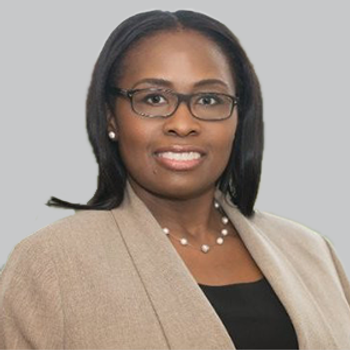
A survey of more than 700 Parkinson disease caregivers highlighted the impact their role has on them emotionally, physically, and mentally, and pointed to several areas of need for support from the clinical community.
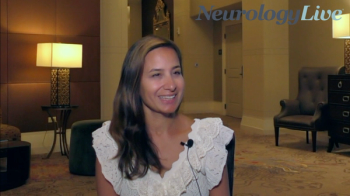
The assistant professor of neurology and director of the Movement Disorders Outreach Program at Mount Sinai Medical Center spoke about the challenges with access to care in movement disorders. [WATCH TIME: 2 minutes]
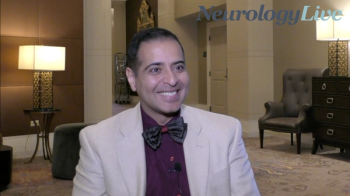
The professor of neurology and residency program director at MedStar Georgetown University Hospital discussed the value of educating clinicians on the utility of botulinumtoxins in PD care. [WATCH TIME: 3 minutes]
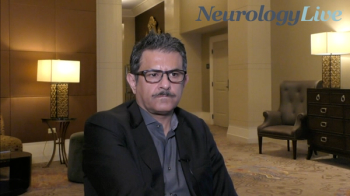
The director of the Movement Disorders Division at Loma Linda University discussed the importance of understanding good ON time in Parkinson disease care, and how it can influence quality of life. [WATCH TIME: 5 minutes]

The course director of ATMRD 2023 provided perspective on the notable strides made in the movement disorder field, including the significant progress made in drug delivery. [WATCH TIME: 5 minutes]

The course directors of the 2023 ATRMD Congress provided an overview of the upcoming meeting, and the educational benefits clinicians can gain from attending. [WATCH TIME: 6 minutes]
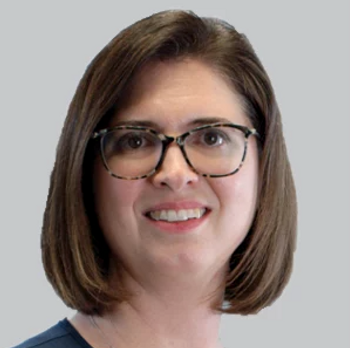
Jill Farmer, DO, MPH, director of the Parkinson’s Disease and Movement Disorder Program at Global Neuroscience Institute, spoke at length about the recent ATMRD Congress, the state of care for movement disorders, and her hopes for the horizon of therapy and treatment.
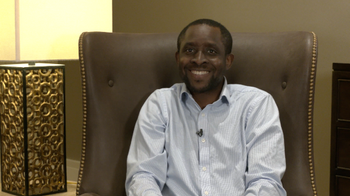
The neurologist and movement disorders fellow at University Hospitals Cleveland Medical Center spoke about the need for clinicians to have more time with patients in clinical practice, particularly with those with chronic diseases. [WATCH TIME: 2 minutes]

The neurologist and movement disorders fellow at University Hospitals Cleveland Medical Center spoke about how his experience as a caregiver shapes his perspective as a doctor in care for those with movement disorders. [WATCH TIME: 3 minutes]

The neurologist and movement disorders fellow at University Hospitals Cleveland Medical Center shared his experiences engaging with a diverse community of clinicians at the ATMRD Congress and in clinical practice. [WATCH TIME: 2 minutes]
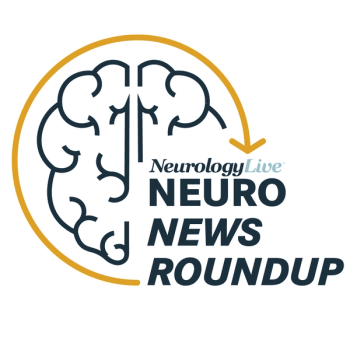
Get caught up on some of the latest news in movement disorders, with data updates and expert insights, all in one place from the NeurologyLive® team.
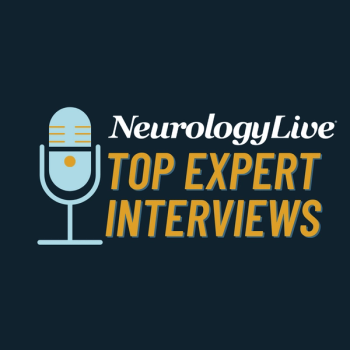
Expert clinicians offer their insight on the sleep disorder landscape, the state of mental health in pediatric migraine, an inaugural movement disorders congress, a novel stroke rehabilitation tool, and psychedelics in cluster headache.
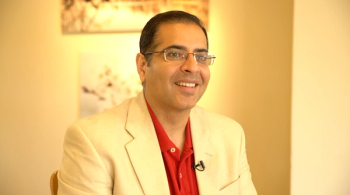
The assistant professor of neurology and codirector of the Neurology Residency Program at MedStar Georgetown University Hospital and presenter at ATMRD offered his insight into the benefits of multispecialty meetings. [WATCH TIME: 1 minute]
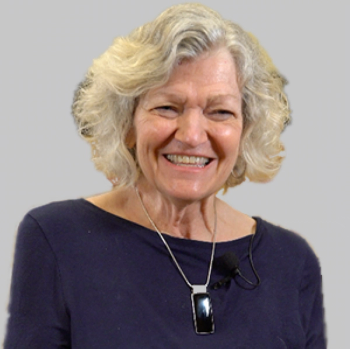
Jean Hubble, MD, semi-retired neurologist and consultant, spoke with the PMD Alliance at the ATMRD Congress about the advances made in the field and her hopes for the future of therapeutics and clinical care.

The assistant professor of neurology and codirector of the Neurology Residency Program at MedStar Georgetown University Hospital and presenter at ATMRD offered his insight into the benefits of multispecialty meetings. [WATCH TIME: 3 minutes]

The assistant professor of neurology and codirector of the Neurology Residency Program at MedStar Georgetown University Hospital shared his thoughts on the 2022 ATMRD Congress and the steps forward made in patient awareness of therapeutic options. [WATCH TIME: 3 minutes]
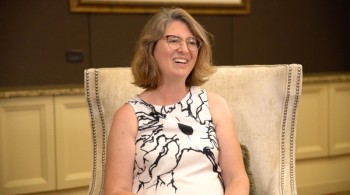
As the individualized needs of patients are further prioritized in Parkinson disease care, the director of the Parkinson’s Disease and Movement Disorder Program at Global Neuroscience Institute shared her perspective on shared decision-making. [WATCH TIME: 4 minutes]

The director of the Parkinson’s Disease and Movement Disorder Program at Global Neuroscience Institute discussed the importance of a multidisciplinary approach to movement disorders and the hot topics of conversation at ATMRD. [WATCH TIME: 2 minutes]

The director of the Parkinson’s Disease and Movement Disorder Program at Global Neuroscience Institute spoke about her time at the 2022 ATMRD Congress and how successful communication between patients and providers is rooted in accessibility. [WATCH TIME: 2 minutes]
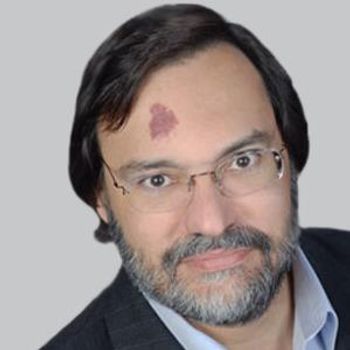
After a protocol adjustment that disallowed the use of the antiemetic trimethobenzamide during dose-titration, adverse event data from an open-label study of apomorphine sublingual film (Kynmobi; Sunovion) suggest antinausea treatment might not be necessary.
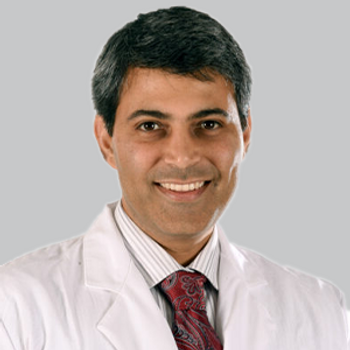
The pharmacodynamic and pharmacokinetic effects of the novel Amneal Pharmaceuticals therapy suggest that it can overcome the current absorption and exposure limitations of the oral levodopa therapies used to treat those with Parkinson disease motor fluctuations.
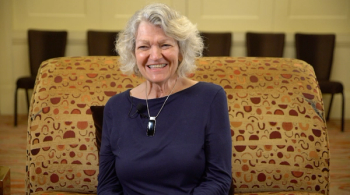
The semi-retired neurologist and consultant with the PMD Alliance offered her takeaways from the 2022 ATMRD Congress in Washington, DC, and her advice for younger clinicians getting into the field. [WATCH TIME: 3 minutes]
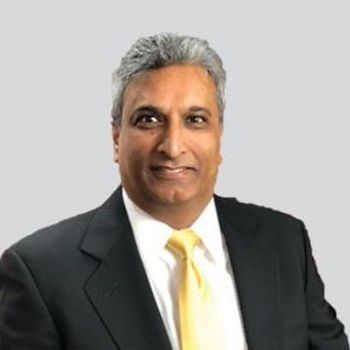
In a presentation at the 2022 ATMRD Congress, Rajesh Pahwa, MD, FANA, FAAN, spoke about the hope held for stem cell approaches and the potential to improve care with several therapies with possible approvals on the horizon.

Despite a less than favorable view of the pharmaceutical industry among the general population, there are still benefits to the work being done by clinicians who transition to this line of work according to the semi-retired neurologist and consultant with the PMD Alliance. [WATCH TIME: 2 minutes]
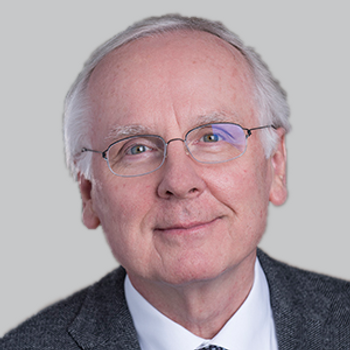
Data from a PMD Alliance survey of more than 700 individuals with PD or their care partners showed significant associations between decreased social support and exasperation of nonmotor and cognitive symptoms of PD.

Test your neurology knowledge with NeurologyLive®'s weekly quiz series, featuring questions on a variety of clinical and historical neurology topics. This week's topic is movement and related disorders.
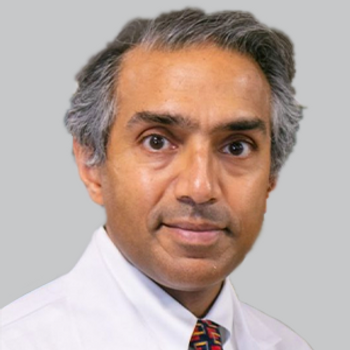
A survey of more than 4000 individuals with PD and their caregivers suggests that almost 90% would be willing to use subcutaneous injectable therapies to control their disease, contrasting the current anecdotal belief of “needle phobia” in this population.

The semi-retired neurologist and consultant with the PMD Alliance discussed the importance of the patient care team and having multiple specialists and disciplines included in that process. [WATCH TIME: 2 minutes]